Actualidad
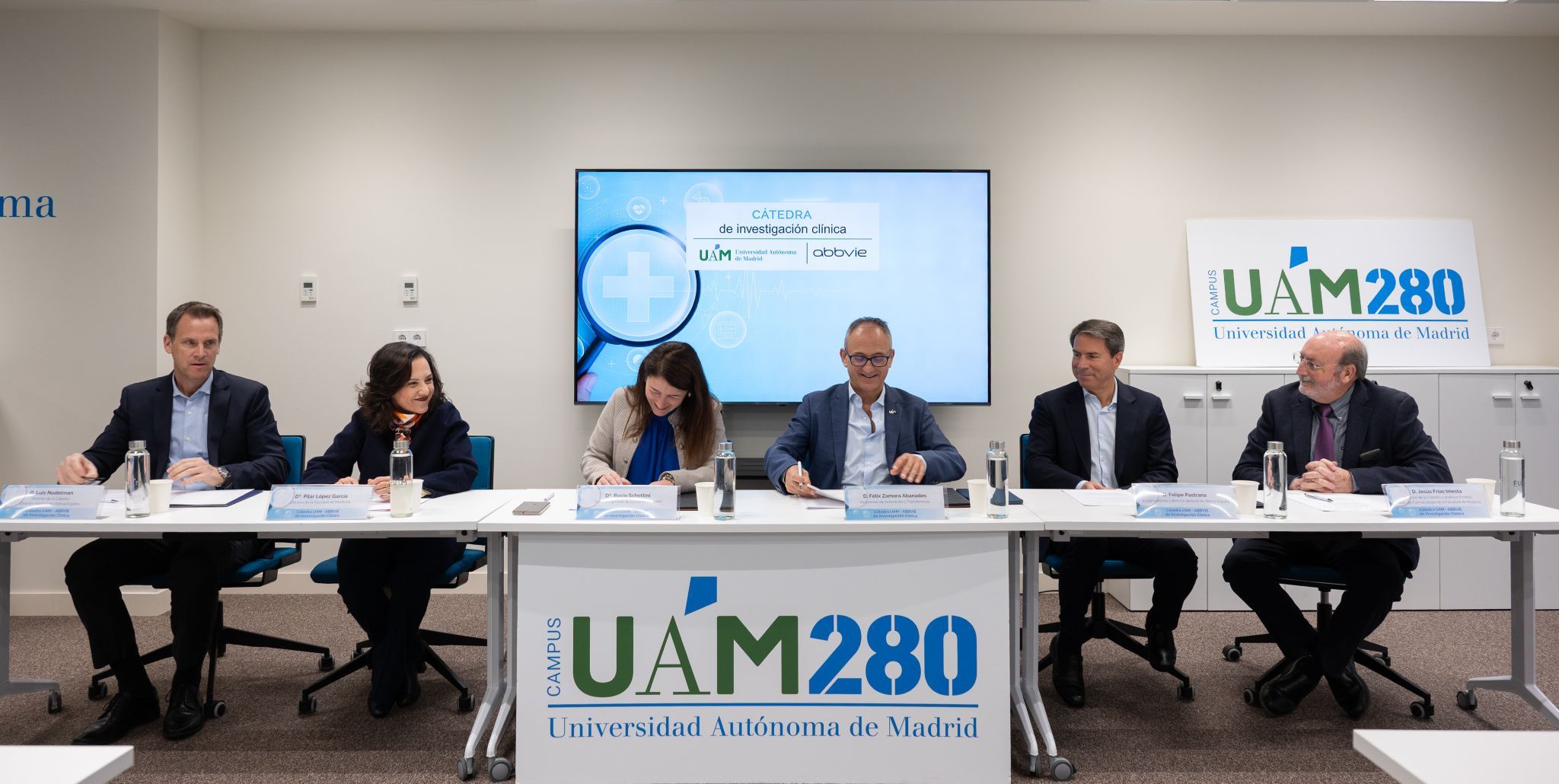
Actualidad
La UAM renueva su alianza con AbbVie para impulsar la excelencia formativa en investigación clínica

Facultad de Medicina

La UAM renueva su alianza con AbbVie para impulsar la excelencia formativa en investigación clínica
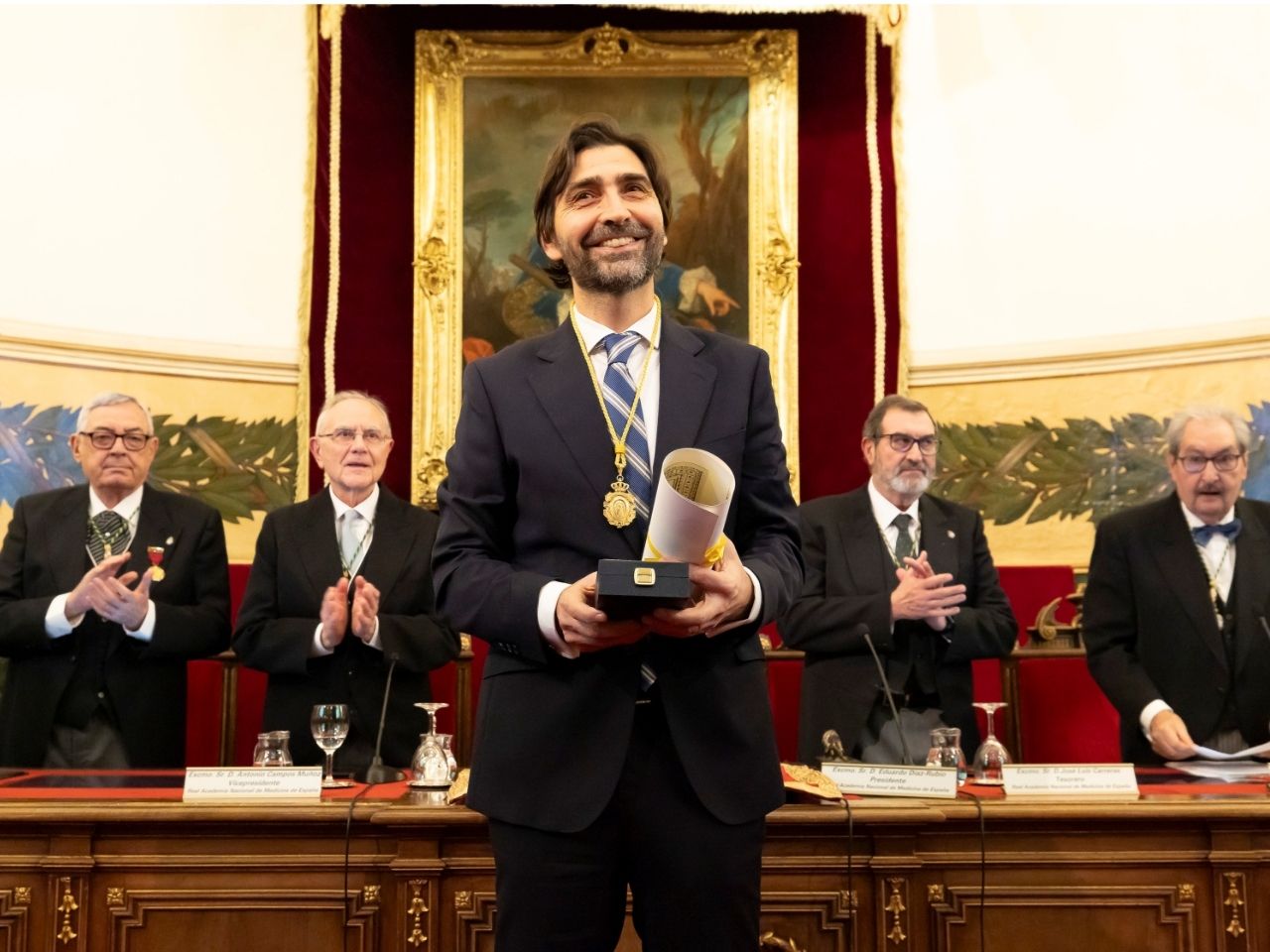
El Dr. Antonio Pérez Martínez recibe el premio principal de la RANME
El Dr. Antonio Pérez Martínez recibe el premio principal de la RANME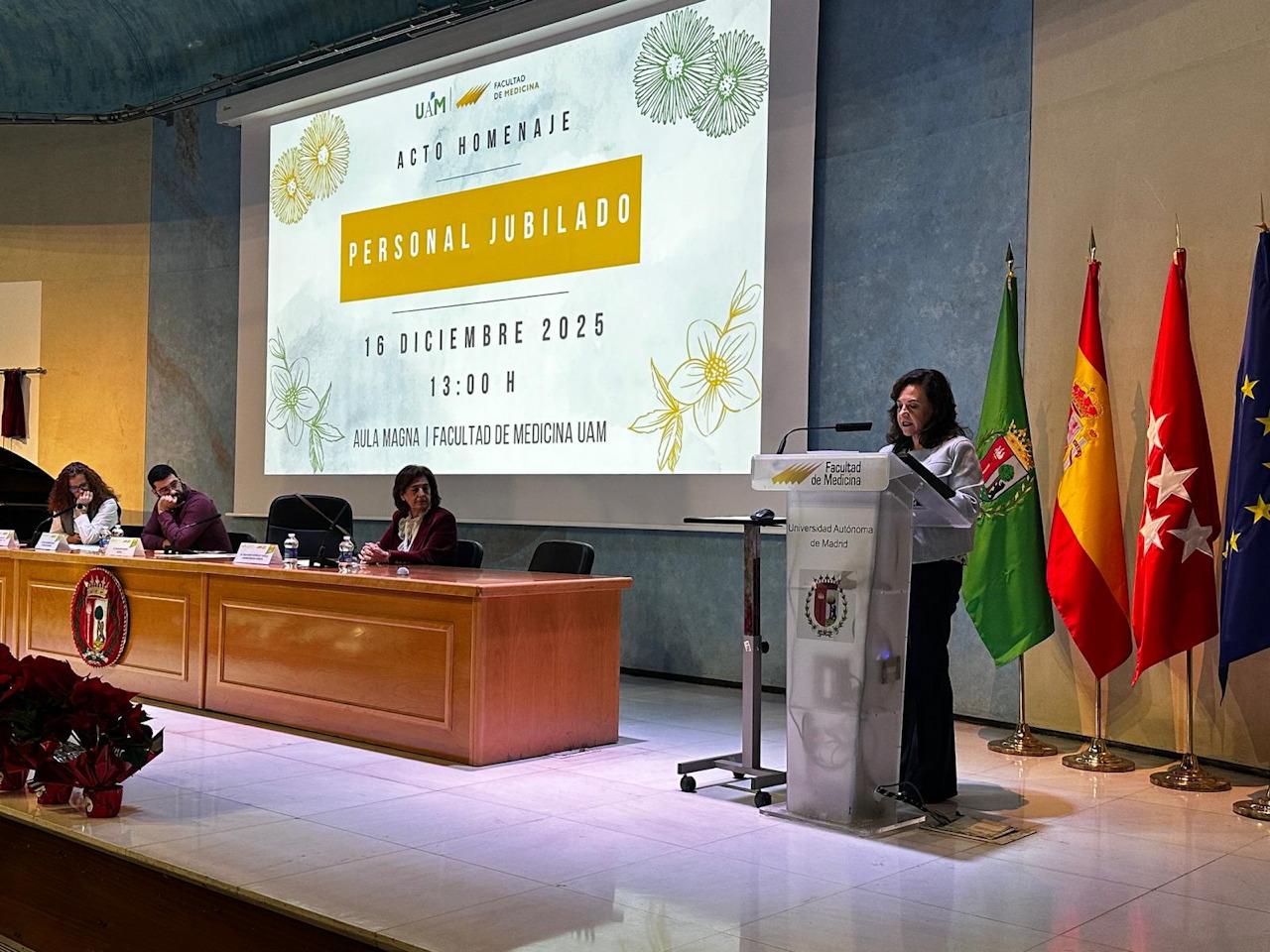
Acto de homenaje al personal jubilado de la Facultad de Medicina
Acto de homenaje al personal jubilado de la Facultad de Medicina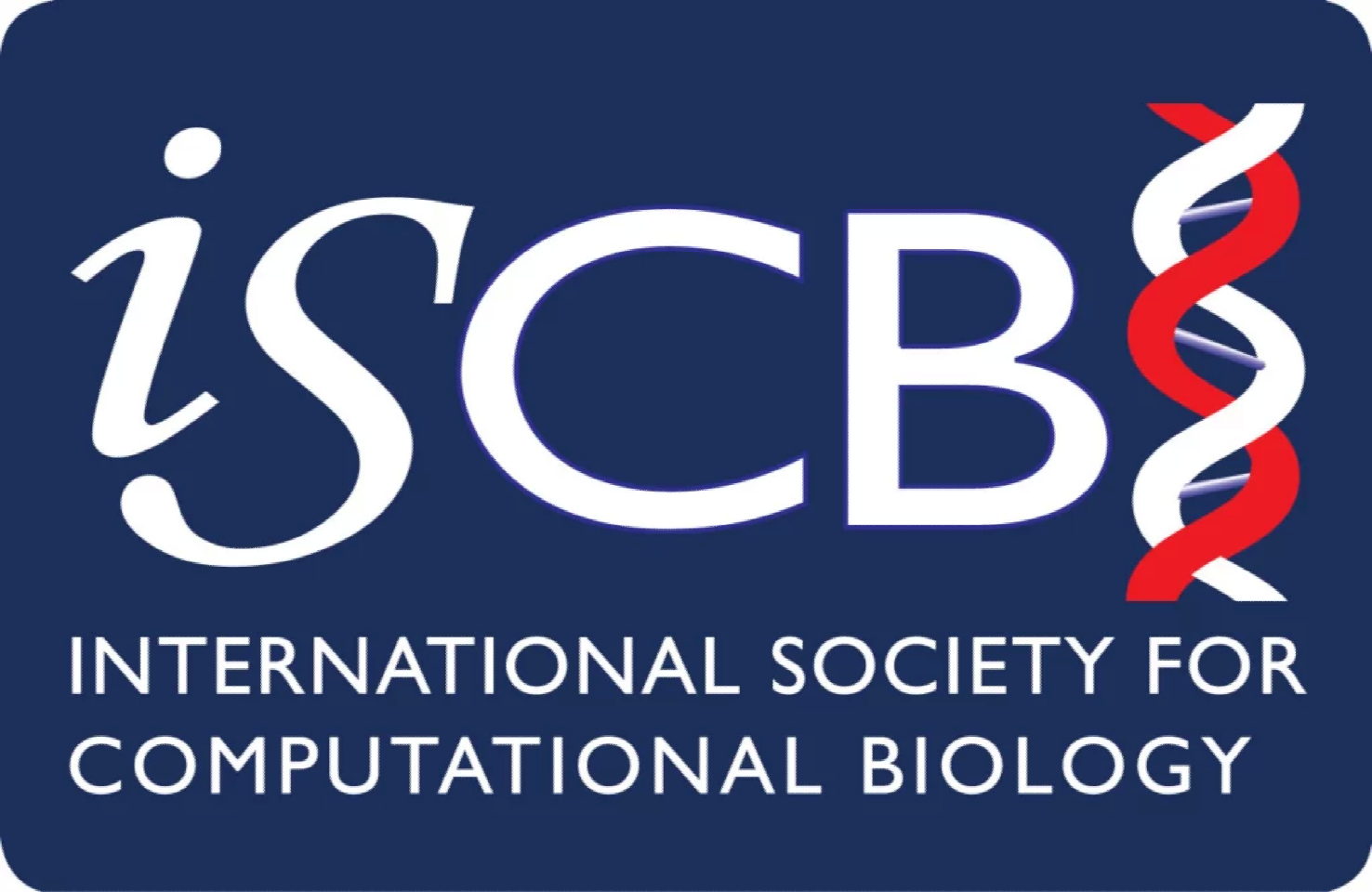
El Máster en Bioinformática y Biología Computacional, ha obtenido la certificación de calidad docente otorgada por la International Society for Computational Biology (ISCB)
El Máster en Bioinformática y Biología Computacional, ha obtenido la certificación de calidad docente otorgada por la International Society for Computational Biology (ISCB)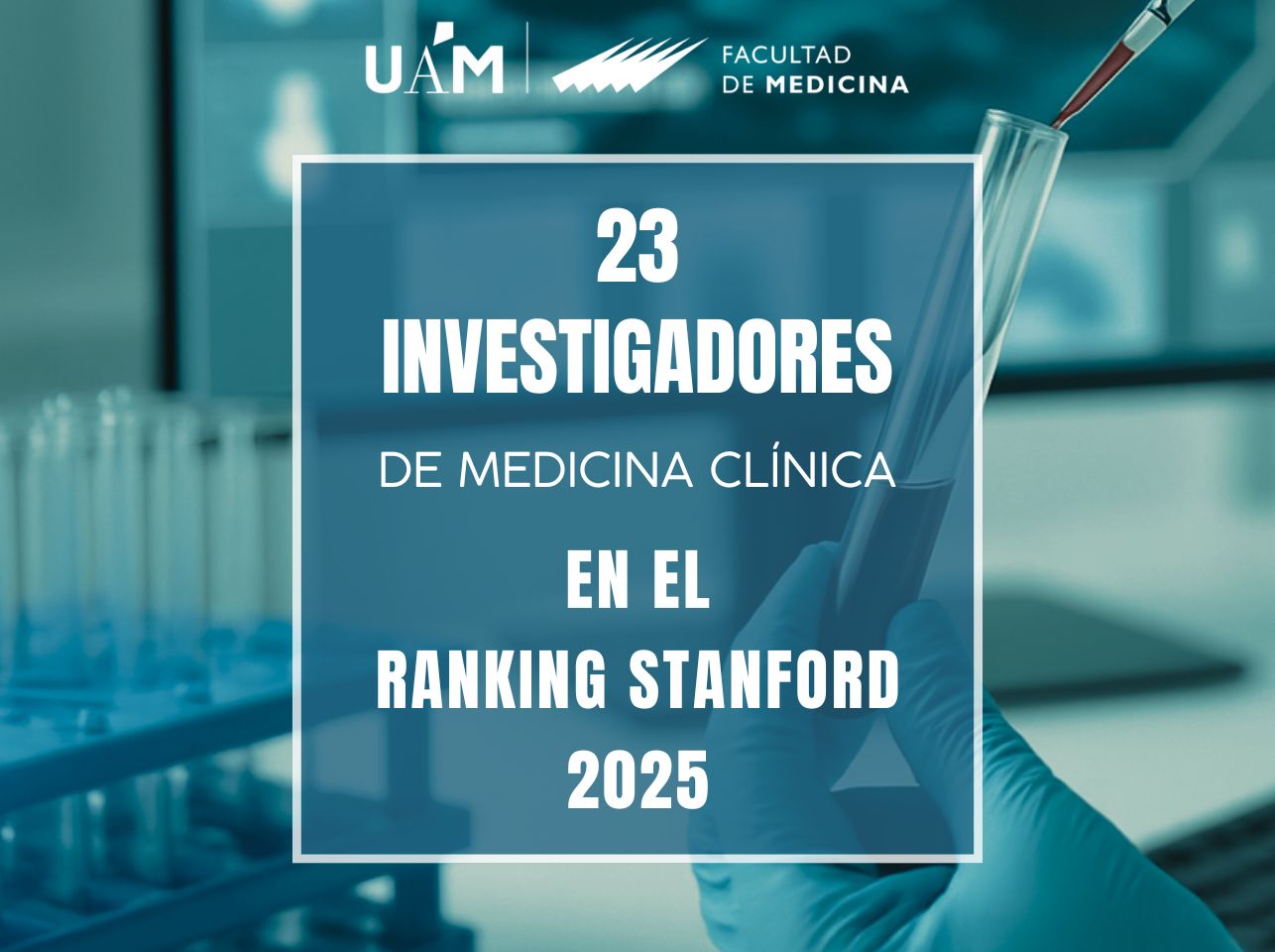
La Facultad de Medicina de la UAM destaca en el ranking mundial de investigadores según Stanford
La Facultad de Medicina de la UAM destaca en el ranking mundial de investigadores según StanfordEsta web utiliza cookies propias para facilitar la navegación y cookies analíticas de terceros para obtener información de uso de sus visitantes. Sin embargo, contiene enlaces a sitios web de terceros con políticas de privacidad ajenas a la de la AEPD que usted podrá decidir si acepta o no cuando acceda a ellos. Puede obtener más información en nuestra nuestra política de cookies..
